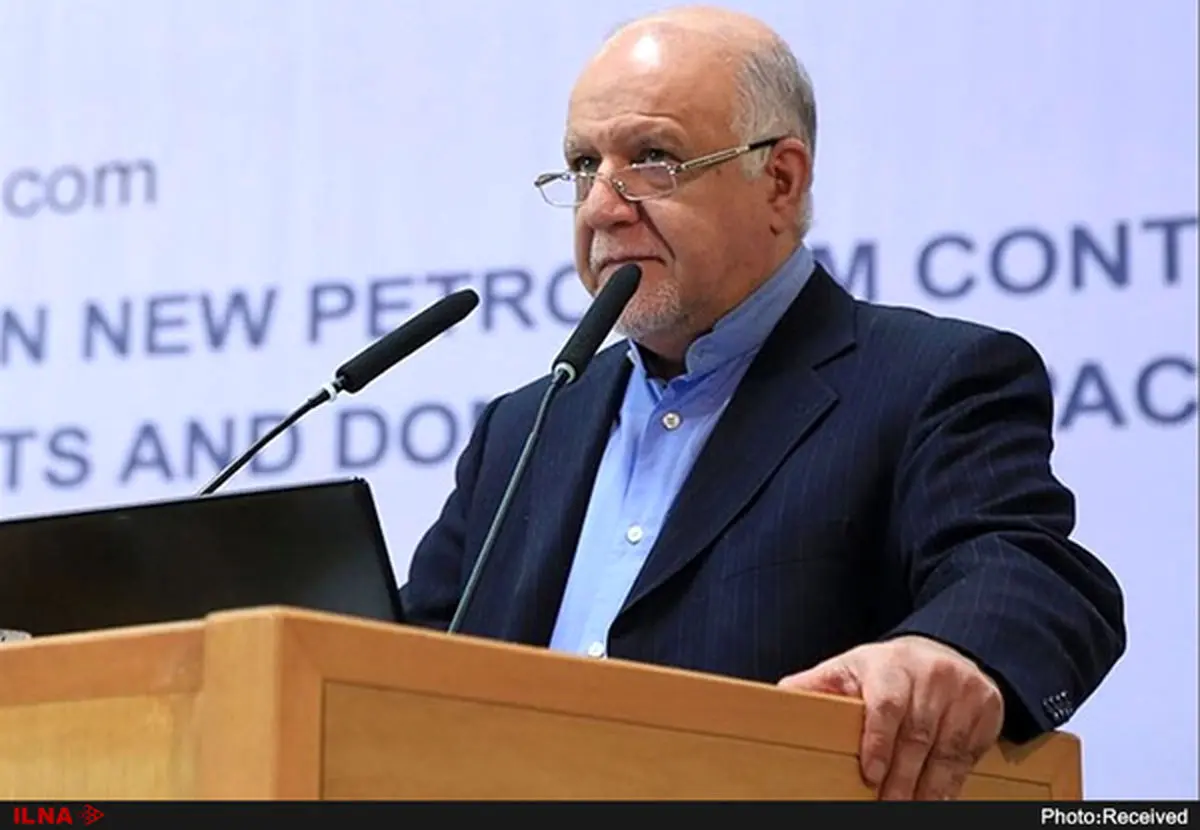Iran says won't talk with the US under sanctions

Iran’s Petroleum Minister Bijan Zangeneh rejected on Monday talks with the US under the sanctions as the OPEC is meeting to discuss oil production cut extension.
“As long as the sanctions are not lifted, Iran is not ready for negotiations with the US,” Iran’s Zangeneh told CNN on Monday.
“If sanctions are removed, then the US can witness a change in the current situation and we will be able to do many thing in response,” he added.
Zangeneh is in the Austrian capital Vienna to attend the OPEC meeting that is expected to agree to extend production cuts for another six to nine months.
The Iranian minister, at the helm of managing the country’s oil industry, stressed that Tehran has always “supported the oil market security”, reiterating calls for “de-politicization of the crude market”.
“I don’t know who is the main perpetrator of attacks on oil tankers in the Sea of Oman. But Iran has always backed the market’s security over the past years. We have said time and again that the oil market should be de-politicized,” he said, referring to attacks on several crude carriers in the Gulf of Oman last month.
The US has blamed Iran for the attacks but Tehran has strongly rejected the idea.
“The oil market should be de-politicized not to be used as a factor to pressure other countries and limit oil import and export,” he noted.
“If the US administration wants to see a change in the current situation between the two countries, it should first lift sanctions on Iran and other regions,” Zangeneh mentioned.
Before the OPEC meeting started in Vienna, the Iranian minister held talks with the organization’s secretary general to raise concerns about the fact that OPEC’s issues are discussed outside of the entity.
Iranian oil minister Bijan Zangeneh warned the unilateral way that decision was reached is "threatening the existence of OPEC."
"OPEC might die," Zangeneh told reporters on Monday, according to the Financial Times.
Falling back under the 300 kg is easily reversible, and the remaining powers in the JCPOA would only become concerned if enrichment levels were ramped up to 20%, Francois Nicoullaud, a former French ambassador to Iran, told AFP.
"As long as Iran does not get close to a threshold of a ton of lightly enriched uranium, there is no pressing concern," Nicoullaud said. But if Iran "amassed, for example, a stock of 200 to 300 kilograms of uranium enriched to nearly 20% there would be cause for great concern."
END
